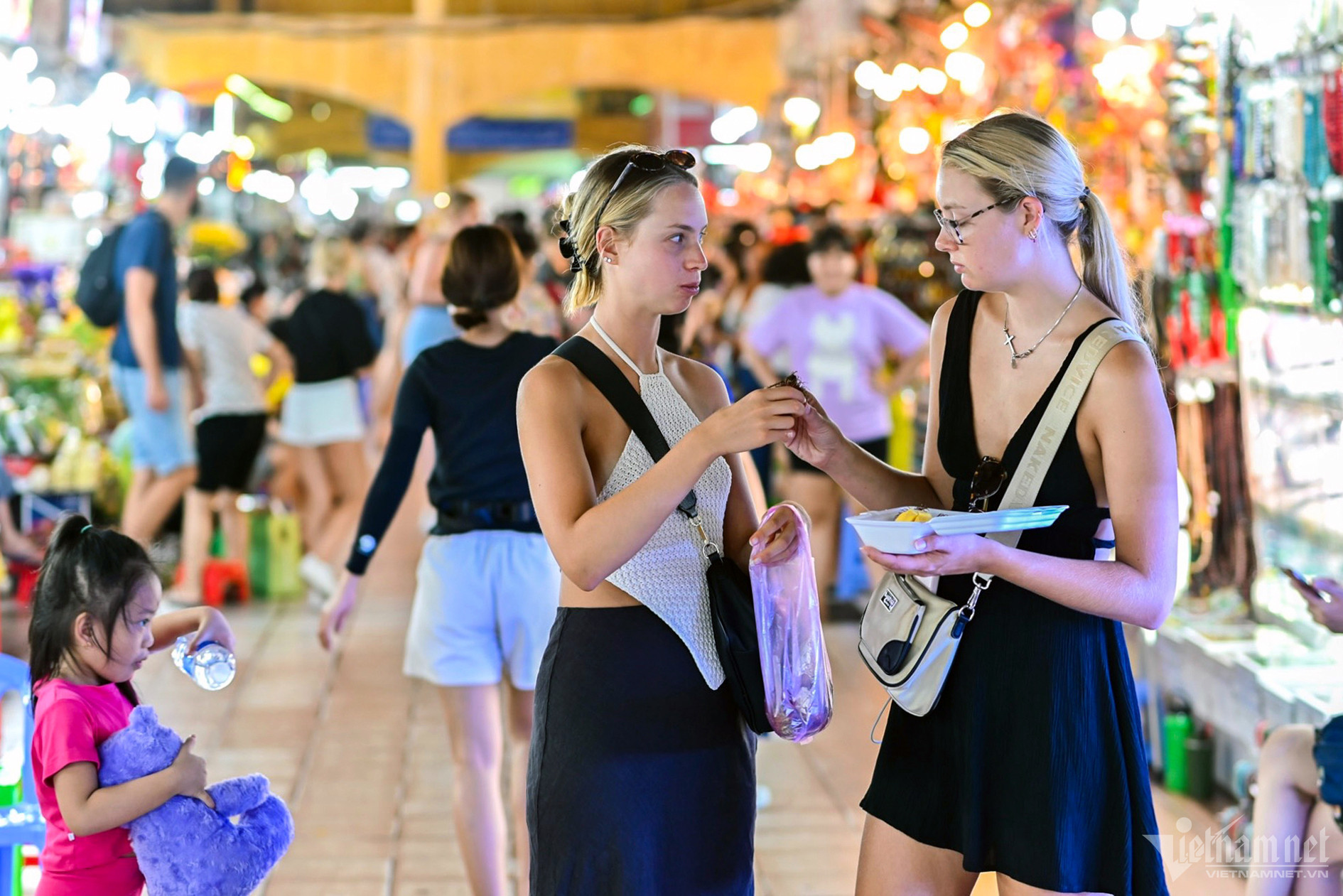
The government has been urged by experts to change the visa policy to stay competitive as a destination.
Vietnam’s new regulations on visa waivers and e-visas, that took effect on August 15, 2023, has helped attract foreign travelers. The country attracted 12.6 million foreign travelers last year, higher than the targeted figure of 8 million.
The number of foreign travelers reached 1.5 million in January 2024, or 73.6 percent higher than in January 2023, and even higher than January 2019 before the Covid-19 pandemic.
However, experts and travel firms believe the visa policy is still a weak point of Vietnam’s tourism, and the loosening of visa policy still is not comparable to the outstanding preferences offered by neighboring countries.
The CEO of a Hanoi-based travel firm, for example, told a story to illustrate how the visa policy makes Vietnam less competitive. His firm once served a foreign traveler from Greece. She came to Vietnam with a visa valid for one month, while her husband, of German nationality, could enjoy a visa waiver for 45 days.
During the tour to Vietnam, the man had an accident and was hospitalized for treatment for more than one month. His wife had to apply for a visa extension. The problem was that she was required to leave the country (in this case, she flew to Cambodia), and to return to Vietnam with a new visa.
According to the CEO, many travelers from Europe and North America want to travel to Vietnam and stay from 14 days to one month. The latest decision to extend the length of stay for travelers enjoying a visa waiver to 45 days has been praised as a wise decision.
However, travel firms said the policy is not attractive enough because citizens of only 13 countries can enjoy the visa waiver of 45 days. They believe the government should offer better conditions by increasing the number of days.
“The visa policy remains a barrier, and foreign travelers are unwilling to come,” he said.
The CEO said that tourism policies need to be "one step ahead" and that policymakers need to have a long-term vision to anticipate travel trends.
Vietnam needs to take measures to attract wealthy travelers who want to take long-term trips.
“Many travelers want to travel three or four countries, including Vietnam, at the same time (Vietnam, Laos, Cambodia and Thailand). They plan their trips many months in advance. Therefore, new policies are needed so as not to miss opportunities,” he suggested.
Most recently, a group of Oman travelers applied for visas online to Vietnam on February 22, but one week before the departure, they could not obtain the visas. The firm which organized the tour for them could not help apply for visas. Finally, the travelers decided to travel Thailand instead, because they could obtain visas at a Thai airport.
Nguyen Quoc Ky, president of Vietravel Holding, said Vietnam changed its visa policy only once in 2023, while Thailand has changed numerous times and is ready to make changes to attract more travelers, especially from China.
Visas on arrival
The CEO commented that neighboring countries, including Cambodia, Laos and Thailand, have advantages when attracting foreign travelers thanks to their open policies.
Most citizens from other countries can enter Cambodia and Laos without having to apply for a visain advance. When arriving at airports in these countries, travelers pay $46 in Laos and $35 in Cambodia to obtain a visa on arrival.
Thailand allows visas on arrival, and its visa waiver policy is applied to more countries than Vietnam's.
Vietnam still does not allow visas on arrival. If travelers don’t have time to apply for visas, they have to apply in advance for an approval letter from a service provider before leaving the country on a flight.
Ngoc Ha